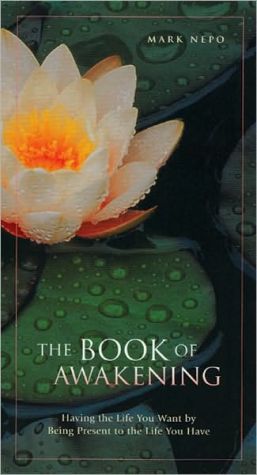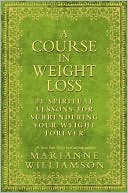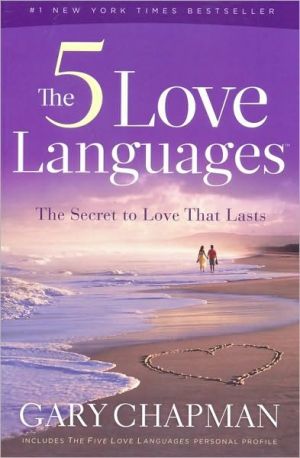Lost Soul: Confucianism in Contemporary Chinese Academic Discourse
Since the mid-1980s, Taiwan and mainland China have witnessed a sustained resurgence of academic and intellectual interest in ruxue —“Confucianism”—variously conceived as a form of culture, an ideology, a system of learning, and a tradition of normative values. This discourse has led to a proliferation of contending conceptions of ruxue, as well as proposals for rejuvenating it to make it a vital cultural and psycho-spiritual resource in the modern world.\ This study aims to show how ruxue...
Search in google:
Since the mid-1980s, Taiwan and mainland China have witnessed a sustained resurgence of academic and intellectual interest in ruxue —“Confucianism”—variously conceived as a form of culture, an ideology, a system of learning, and a tradition of normative values. This discourse has led to a proliferation of contending conceptions of ruxue, as well as proposals for rejuvenating it to make it a vital cultural and psycho-spiritual resource in the modern world.This study aims to show how ruxue has been conceived in order to assess the achievements of this enterprise; to identify which aspects of ru thought and values academics find viable, and why; to highlight the dynamics involved in the ongoing cross-fertilization between academics in China and Taiwan; and to examine the relationship between these activities and cultural nationalism.Four key arguments are developed. First, the process of intellectual cross-fertilization and rivalry between scholars has served to sustain academic interest in ruxue. Second, contrary to conventional wisdom, party-state support in the PRC does not underpin the continuing academic discourse on ruxue. Third, cultural nationalism, rather than state nationalism, better explains the nature of this activity. Fourth, academic discourse on ruxue provides little evidence of robust philosophical creativity.
Introduction 1Aims and Background 4Key Themes and Arguments 6Cultural Nationalism and Ruxue 9Historical BackgroundThe Singapore Experiment and Rujia Capitalism 21Creative Transformation 22An Incomplete Revitalization Movement 24Institute of East Asian Philosophies 26Rujia Capitalism 28Yu Yingshi's Historical Approach to Rujia Capitalism 31Du Weiming's Multicultural Confucianism with Chinese Characteristics 34Critical Responses 37Concluding Remarks 40Developments in 1980s Taiwan and the Mainland 42Ruxue and the Sinicization of Sociology 43New Confucianism 47Ruxue Organizations 48Mutual Scholarly Influence 50Concluding Remarks 54The Rise of Ruxue in 1990s China 58From Xin Ruxue to Ruxue 591994 63National Studies and Marxism 67Concluding Remarks 72Ruxue Studies in Post-1990 Taiwan 74New Confucian Conference Series 75Academia Sinica's ResearchProject on Contemporary Ruxue 80The Hermeneutic Turn and Rujia East Asia 86Concluding Remarks 94Ruxue and Chinese CultureRuxue: The Core of Chinese Culture 99Good Ruxue, Bad Ruxue 99Critique of New Confucian Views 104Transcendent Idealism Versus Historical Materialism 107All-consuming Ruxue 111The Mainstay of Chinese Culture 112Ruxue in the Twentieth Century 115The Deep Structure of Ruxue and Chinese National Identity 118Four Periods of Ruxue 122Post-New Confucianism and New New Confucianism 125Concluding Remarks 130Guo Qiyong, Zheng Jiadong, and Rujia Identity 132Guo Qiyong 132Zheng Jiadong 138Concluding Remarks 147Daotong and Chinese Culture 149Yu Yingshi on Qian Mu and the New Confucians 149Yu Yingshi on Daotong 151Early Responses 153Daotong as Culture 154Concluding Remarks 167The Politics of OrthodoxyLin Anwu's Post-New Confucianism 171Imperial-Style Ruxue 172Liberation from Magic 173Critique of Mou Zongsan 176Critical/Post-New Confucianism 180Dialogue and Marxism 185Concluding Remarks 187A Note on Mou Zongsan's Moral Metaphysics 188Ruxue: Daotong Versus Zhengtong 192Chen Ming and the Chinese Cultural Renaissance Movement 192Taiwanese Perspectives 198Concluding Remarks 205From Doubting Antiquity to Explaining Antiquity: Reconstructing Early Ru Intellectual History in Contemporary China 208Explaining Antiquity 209Guodian Texts and Ruxue 216Concluding Remarks 230Marxism and Ruxue 234Ruxue "Panmoralism" and the Sinicization of Chinese Marxism 234Ruxue-Marxist Synthesis? 238Accentuate the Positive, Eliminate the Negative 242Abstract Inheritance 243Fang Keli and the "Mainland New Confucians" 250Luo Yijun 252Mainland New Confucians: The Fourth Generation of New Confucians? 254Concluding Remarks 256Distinguishing Rujiao and Propagating RuxueJiang Qing's Ruxue Revivalism 261Marxism-Leninism Versus Ruxue 261Gongyang Learning and Cultural Nationalism 264Political Ruxue and Institutional Reconstruction 267Political Legitimacy and "Extolling Unification" 270Chinese Rujiao Association 272Concluding Remarks 275Rujiao as Religion 277Rujiao as a Religion 277New Confucian Views 279Ren Jiyu 281Origins of Rujiao 283Revival of the Debate in the New Millennium 290Li Shen's Critics 293Knowledge Compartmentalization 295Taiwanese Perspectives on Rujiao 297Ecumenical Encounters 303Tang Enjia and the Kongjiao xueyuan 306Concluding Remarks 308Popularization of Ruxue and Rujia Thought and Values 310Traditional Virtues 311The Beijing Oriental Morality Research Institute 313Official Endorsement of Rujia Values? 316Recitation of Classical Texts 319Cultural Capital: The "Cash Value" of Rujia Values 323Concluding Remarks 328Conclusion 331Reference MatterWorks Cited 353Index 393








